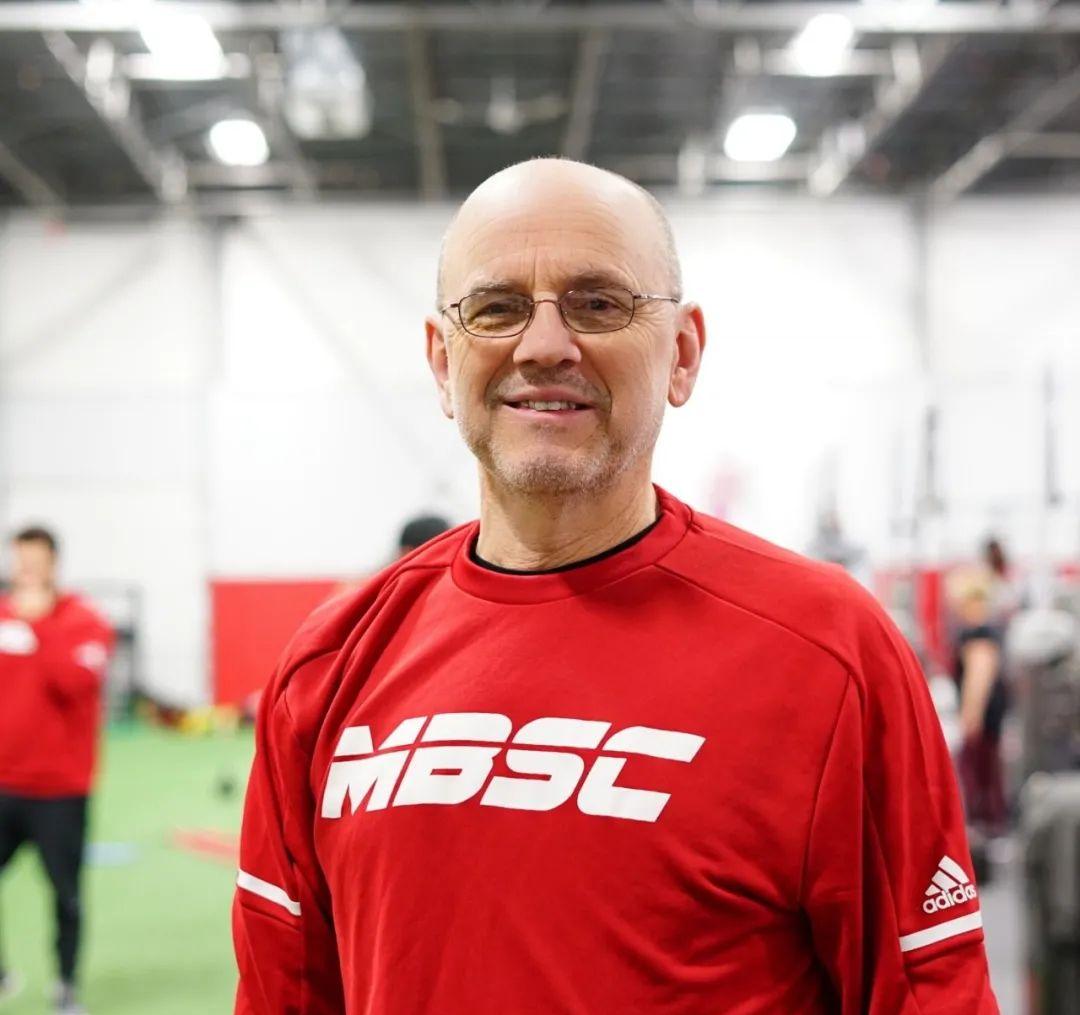"Functional training" has been controversial over the past 20 years, and functional training has come a long way from the previously popular single-joint, muscle-isolated strength training to becoming the biggest growth area in the fitness industry.
The concept of functional training actually originates from the field of sports medicine, and the ideas and exercises of rehabilitation can usually enter the physical fitness room from the physical therapy room and the sports training field. The most basic idea of this is that training that helps athletes return to health may also be the best exercises to maintain and improve their health.
"Functional training" is also a classification of sports training, including strength training, agility training, balance training, core training, etc., through these training can enhance physical fitness, effective prevention of sports injuries.
When it comes to functional training, we have to mention a person - Michael Boyle, this name is believed to be no stranger to everyone, he, his achievements are internationally renowned, many people affectionately call him "Bao Ye".

He is a world-renowned functional training master, known as one of the "Top 10 Famous Physical Trainers in the World" and one of the "100 Sports Scientists in the World", and is a sought-after speaker at physical training conferences and sports training academic conferences around the world.
His client list is more like a who's who in sports, including retired American rugby player Marcellus Willie, 2012 Olympic judo gold medalist Kayla Harrison and Liverpool football striker Daniel Sturridge.
With his expertise in athletic performance, Boyle has coached teams such as the Boston Red Sox, Boston Brown Bears, New England Revolution, Boston Trail Blazers, and the top athletes on the U.S. Women's Soccer and Women's Hockey Olympic teams. In 2013, Boyle helped the Boston Red Sox win the World Professional Baseball Series.
Boyle opened the Mike Boyle Fitness Training Center (MBSC) in Boston to provide athletes of all levels with comprehensive physical training to help athletes improve their performance, and was named one of the "Top Ten Fitness Centers in the United States" by Men's Health magazine.
Bao Ye once defined "functional training" with 3 questions.
01
How many projects are done sit-down?
As far as I know, only a few sports (such as rowing) are played in a seated position. If we accept this premise, we can understand that training muscles in a sitting position is not functional for most sports.
02
How many sports are performed in a fixed environment and are stabilized by external conditions?
The answer is that there seems to be none. Most sports competitions are played on track and field or on the pitch. Stability is provided by the athletes themselves, not from the outside. By further reasoning we know that most of the devices offer. Proponents of apparatus training may say that apparatus training is safer, but in a strength training room, this relative safety also comes with a clear cost.
While in theory, instrumental training may reduce the risk of injury during training, the lack of proprioception information (internal sensory feedback on body position and movements) and lack of stability are likely to increase the probability of injury during a race.
03
How many motor skills are done independently by a joint?
The answer is zero. Functional training attempts to do as many joint movements as possible. Functional training expert Gary Gray points out that "single-joint movement using a muscle is very non-functional, and multi-joint movements that integrate multiple muscle groups to complete the action mode are very functional." ”
And as the initiator of functional training applied to competitive sports, Bao Ye has to produce a set of Functional Strength Coach (functional strength coach) series of training materials every two or three years, which is the most powerful point of Bao Ye.
Because he is always learning, thinking and practicing new things, is a brave frontier explorer in the field of training, although he has been a coach for more than 30 years, with so many elite athletes, but he has not rested on his laurels, and is still constantly improving himself.
And Bao Ye is happy to share and communicate with everyone, and from time to time condenses the training essence into the training materials he has formulated.